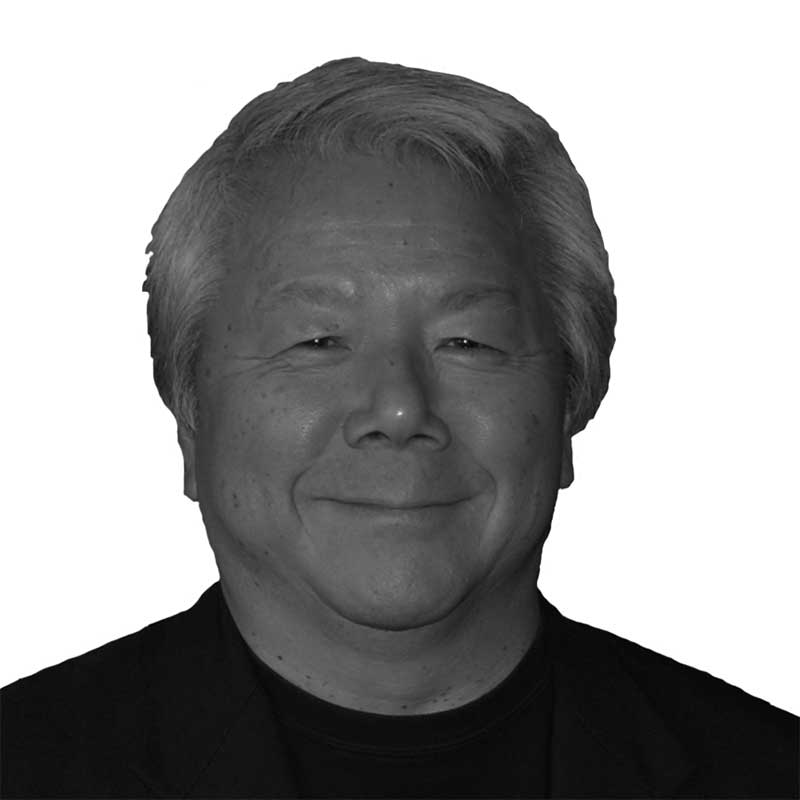
Meta
Hiroaki Sato
A Japan Times columnist since 2000, Hiroaki Sato has won prizes for his translation of poetry (PEN American Center, Japan-US Friendship Commission). A paperback edition of his "Legends of the Samurai" has recently appeared. He is now working on a second collection of samurai tales with their origins.
Sep 8, 2002
Jul 9, 2002
May 2, 2002
Mar 25, 2002
Mar 10, 2002
Feb 25, 2002
Dec 31, 2001
Nov 26, 2001
Oct 21, 2001
Sep 23, 2001
Aug 27, 2001
Aug 5, 2001
Jun 25, 2001
May 28, 2001














